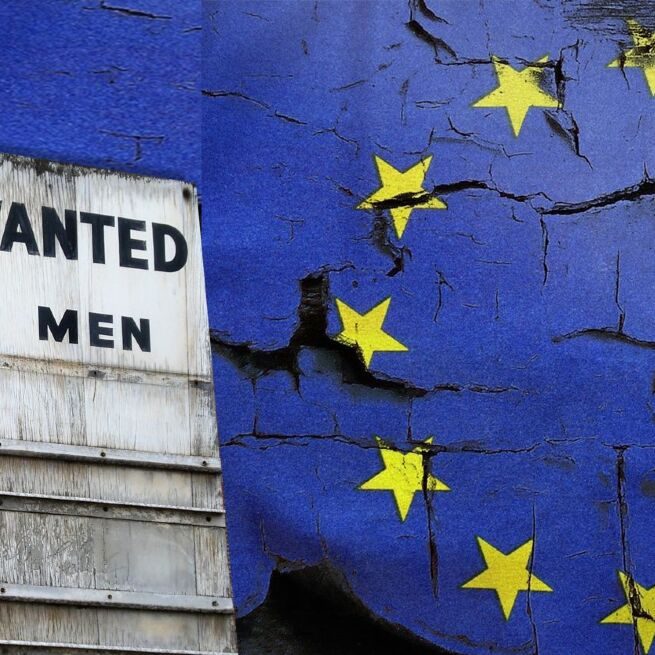Figures published in November 2021 by the Office for National Statistics showed that more E.U. nationals left the U.K. in 2020 than arrived for the first time since 1991, a net emigration of around 94,000. The fall puts more pressure on Britain's labor crisis and helps explain why some sectors that historically relied heavily on foreign staff are now struggling to cope with widespread labor shortages.
In recent months, with the labor crisis threatening Britain's recovery from the COVID-19 pandemic, the U.K. government has been forced to loosen immigration rules and create temporary visa schemes allowing some sectors, such as food processing and logistics, to bring in seasonal workers from overseas.
In an interview with Blasting News, Professor Catherine Barnard, an expert in European Union and labor law at Cambridge University, analyses the consequences of Brexit on the British labor market, the actions of Prime Minister Boris Johnson's government to avoid shortages of staff in several sectors of the economy and the perspectives for the coming years.
Blasting News: Do you believe that the current U.K. labor shortage is an exclusive result of Brexit, or is leaving the E.U.
only one among many reasons, some of which are also affecting other countries around the globe?
Professor Catherine Barnard: It is inevitably a combination of factors. COVID has made older workers reconsider their lives; lockdown has also slowed up training programmes and testing. This factor applies in many countries. However, Brexit has exacerbated the problem in the U.K.
For example, at least 20,000 HGV drivers have returned home. There is also a chronic shortage of staff in abattoirs which have lost about 25% of their staff, mainly from the E.U.
To avoid turkey shortages last Christmas, the U.K. government has set up an emergency visa scheme to bring in temporary E.U. labor, something that would not be allowed under current post-Brexit rules.
How do you see this move by the government, and do you believe this could be replicated in other areas where there is a labor shortage?
The government sees this as a temporary measure to address short-term transition. The advantage to the government of these short term schemes is that the visa holders gain no rights to remain in the U.K. However, they have proved unsuccessful – they are expensive for the users, and it is not clear that many workers want to come to the U.K. Less than a hundred visas have been issued in the pork sectors; about 2.000 in the poultry sector.
Several sectors of the U.K. economy are currently facing serious labor shortages, in particular the logistics, meat processing, fruit and vegetables picking, and hospitality sectors.
What do you see the U.K. government doing to address these bottlenecks, and what measures do you believe should be put in place to solve the problem?
The working conditions in these jobs are generally not very attractive and the pay is still low. So the obvious answer is to improve both of these. This is what led many people to vote to leave the E.U. However, it is not clear, given the seasonal nature of the work, and that it is often on farms remote from any local towns, which makes it very difficult for those U.K. nationals with families to participate. The upshot is that the U.K. will need a seasonal labor scheme.
With the end of free movement after Brexit, the British government has created a points-based immigration system that requires, among other things, a minimum salary threshold of £25,600.
How will this new system affect the influx of European professionals?
At first sight, the U.K. now has one of the most liberal immigration systems in the world outside the E.U. However, the fees are so high that these act as a huge disincentive. There is some anecdotal evidence that employers are recruiting staff who continue to live in their own country but work for a U.K. employer. The existence of the settled status scheme will cushion some of the immediate impacts but, as we have seen, some of those with settled status have returned to their own countries.
On the other hand, what has changed for British professionals who are interested in working in E.U. countries?
British professionals are finding it harder to work in E.U.
member states because they have to rely on often onerous domestic immigration laws.
How do you see the British labour market in five years time?
Depending on the nature of the government, it may well be that the U.K. will have to reduce some of its fees to ensure that the U.K. is able to attract the skills it needs.

